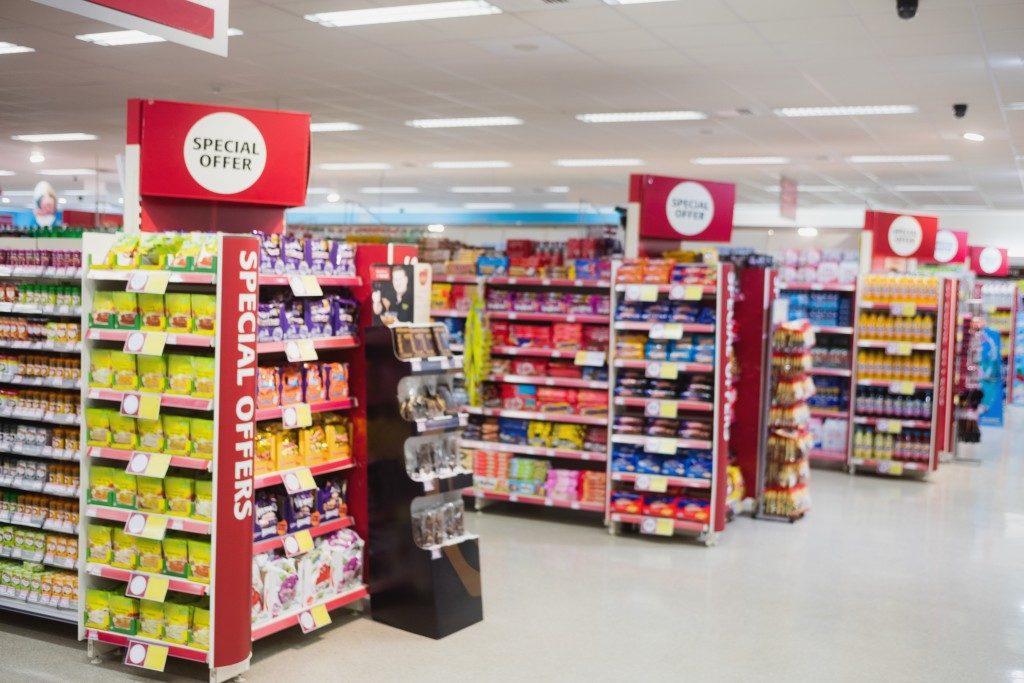There are specific periods of the year wherein the demand for a particular product or service are at their highest, these are called “peak seasons” and every business, big or small, should capitalize on this. These weeks or months will be the busiest time for your business as customers aggressively search for and buy the products or service that you offer.
An excellent example of this is the increased demand for candy and costumes during Halloween; in fact, around $9 Billion was spent in retail for Halloween in 2018. The same trend goes for Turkey near Thanksgiving, and game day food during the Super Bowl. So, let’s take a look at tips that can help your small business prepare for peak seasons:
Learn from Last Season
One of the best ways to prepare your small business for the upcoming surge is to learn from the previous peak season. Take note of what you did right and improve upon it, but more importantly, take note of what you did wrong so you won’t repeat it this time around. It’s also possible for you to take note of what your competition did during the last season, and see what worked and what didn’t work for them. However, it’s also important to be aware of possible factors that may have influenced the previous season, but aren’t present or applicable in the upcoming season; for example, if a particular product became popular due to a celebrity or commercial success of a movie that season, it may not be on demand in the upcoming season.
Be Well-Stocked
One of the worst things that can happen during the peak season is not having enough things to sell. So forecast your demand, or you can even use inventory software or consult experts to help you out. However, it’s important to note that “well-stocked” isn’t the same as “over-stocked”. You have to be realistic with your future projections. So be smart about your possible projected sales and take some intelligent risks, but don’t pour your entire budget for the year into this season and buy as much as you can, or else you’ll end up with a store filled with boxes of unsold goods.
Get Extra Staffing (and Prepare Your Employees)
 It’s possible that your store or business is going to be swamped by customers and orders, so it’s a good idea to prepare your employees for the peak season by assigning them specific tasks to keep operations smooth, or better yet hire seasonal or temporary workers. If your business sells unique products and services online or over the phone, you can even consider outsourced assistance through a sales call center that can take and process orders on behalf of your small business. You can also rent out or buy additional equipment that your staff might use for this peak season, such as purchasing hand trucks to help them transport goods and stock or rent extra vehicles for deliveries.
It’s possible that your store or business is going to be swamped by customers and orders, so it’s a good idea to prepare your employees for the peak season by assigning them specific tasks to keep operations smooth, or better yet hire seasonal or temporary workers. If your business sells unique products and services online or over the phone, you can even consider outsourced assistance through a sales call center that can take and process orders on behalf of your small business. You can also rent out or buy additional equipment that your staff might use for this peak season, such as purchasing hand trucks to help them transport goods and stock or rent extra vehicles for deliveries.
Conclusion
Being prepared for the peak season can make a huge difference in your business’ brand, sales, and overall performance. If you’re well-prepared and you’re able to capitalize on the increased demand, the peak season sales may even be enough to cover your whole year’s profit goals and keep your business afloat even when the demand for your product or services die down. So make sure that you follow these simple yet useful tips before the next peak season comes.




